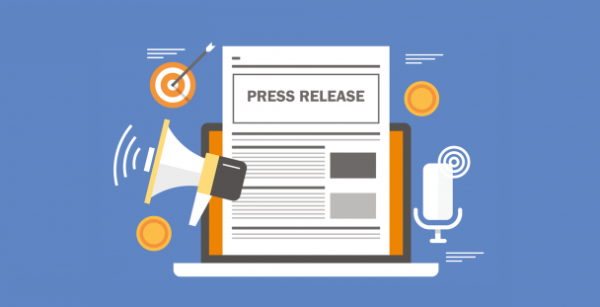Think of tax and benefits before accessing pensions and other savings, experts warn
As a result of the coronavirus situation, people will be looking at their finances. The Low Incomes Tax Reform Group (LITRG) warns that there may be tax and welfare benefit consequences to drawing on savings, which mean that people may not receive as much as they expect. LITRG is advising people to consider things carefully before they act.

The group has published guidance to help people try to weigh up the tax and welfare benefits consequences of drawing on pensions1 and other tax-advantaged savings schemes, such as ISAs and Help-to-Save accounts2 during the current coronavirus situation.
Victoria Todd, Head of LITRG, said:
“We understand that many people are under significant financial pressure at the current time and may need to consider accessing savings, including pensions, to help. While we cannot give financial advice, we want to help people understand the tax consequences of drawing on savings and we are working hard to produce guidance to help people understand all of their support options.3
“Common mistakes we have seen – even without the pressure of the current situation – include those aged 55 and over taking lump sums from their pensions while still being responsible for children and triggering a high income child benefit charge.4 Tax credits claimants might also see unwittingly a reduction in their award from such actions – not only for the tax year in which the payment is taken, but also in the following year.
“Welfare benefits might also be impacted as a result of decisions taken in haste – for example, untouched pension savings may be ignored in means-tested benefits calculations, whereas pension funds that have been withdrawn could be assessed as income or capital, depending on how the individual takes them.
“The current situation might lead to people acting hastily but the timing of decisions is often crucial. While we understand these are extremely challenging times, it is important to remember that tax and benefits impacts are not the only considerations to be taken into account, our key message is to try to think of all the consequences before you act.”
Notes for editors
1. See www.litrg.org.uk/tax-guides/coronavirus-guidance/coronavirus-taking-money-your-pension
2. See www.litrg.org.uk/tax-guides/coronavirus-guidance/coronavirus-taking-money-your-savings
3. For LITRG’s further guidance related to the coronavirus, see www.litrg.org.uk/tax-guides/coronavirus-guidance
4. The HICBC applies where:
- either partner in a household has adjusted net income of over £50,000; and
- either partner claims child benefit.
The HICBC is an additional tax which is paid by the partner with the higher adjusted net income. The amount of the extra tax is equal to 1% of the child benefit received by them (or their partner) for each £100 above £50,000 threshold. Once the adjusted net income of the higher partner reaches £60,000, 100% of the child benefit is effectively clawed back via the charge.
See also www.litrg.org.uk/latest-news/news/191211-high-income-child-benefit-charge-%E2%80%93-what-do-i-need-know
5. Low Incomes Tax Reform Group
The LITRG is an initiative of the Chartered Institute of Taxation (CIOT) to give a voice to the unrepresented. Since 1998 LITRG has been working to improve the policy and processes of the tax, tax credits and associated welfare systems for the benefit of those on low incomes.
The CIOT is the leading professional body in the United Kingdom concerned solely with taxation. The CIOT is an educational charity, promoting education and study of the administration and practice of taxation. One of our key aims is to work for a better, more efficient, tax system for all affected by it – taxpayers, their advisers and the authorities. The CIOT’s work covers all aspects of taxation, including direct and indirect taxes and duties. The CIOT’s 19,000 members have the practising title of ‘Chartered Tax Adviser’ and the designatory letters ‘CTA’, to represent the leading tax qualification.
